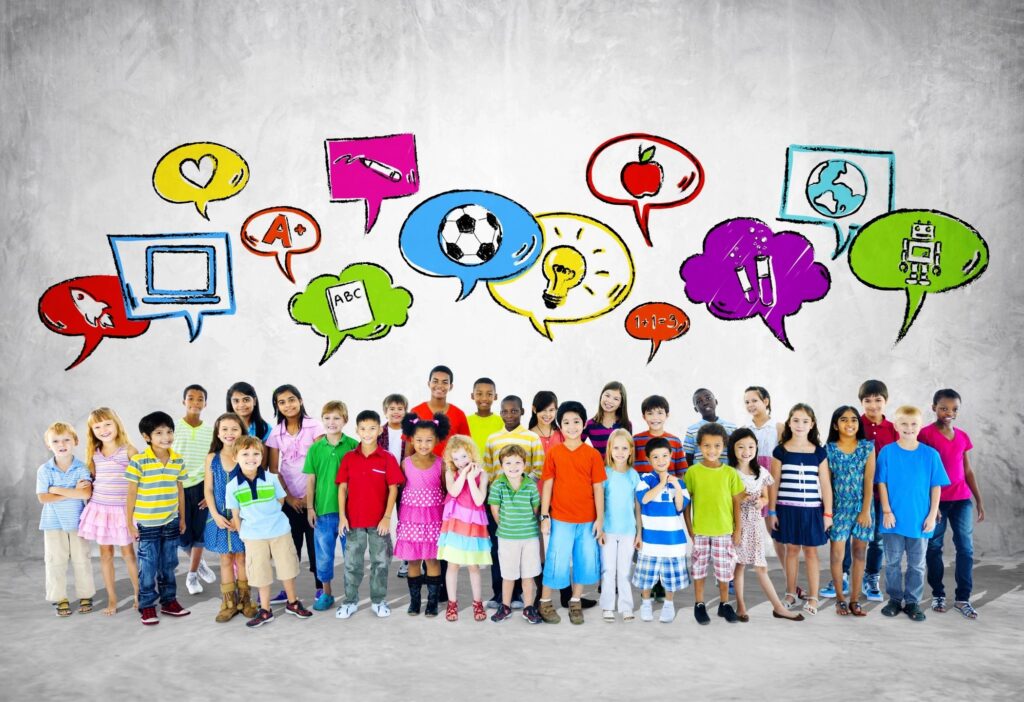Media Psychology & Technology
Facebook Posts Can Predict Depression Risk
We tend to curate our Facebook profiles to control the image we project. But a new study suggests that when it comes to mental health, our Facebook posts might be more revealing than we realize. In the study, researchers in Philadelphia, PA and Stony Brook, NY looked to see if they could identify people with…
Read MoreThe Psychological Toll of Taking a Selfie
Snapping a selfie might seem like the most frivolous, inconsequential act. But on a deeper level, selfies are potentially tied up with questions of how we see our bodies and present ourselves to others. Posting a selfie to social media might be a more emotionally loaded behavior than it seems at first glance, an idea…
Read MoreViral Outrage Can Make People More Sympathetic
It’s a familiar pattern now: first, someone says something offensive online. Then their ill-advised social media post goes viral, subjecting them to trial by Twitter and Facebook. Paradoxically, because the consequences of viral outrage can come to seem out of proportion with the initial offense, this process might ultimately make the person who made the…
Read MoreMedia Literacy: An Essential Twenty-First Century Skill
Here’s an idea you won’t here about in, well, the media: we should have media literacy classes in schools. Despite how much information we get from the media, we don’t talk much about how to critically evaluate the things we see on TV or read in the papers. But not helping students learn how to…
Read MoreExploring Social Media’s Impact on Human Psychology
Facebook, Twitter, Instagram, LinkedIn….there seem to be more social networks popping up every day for us to login, create a profile and connect. Initially this seems fun and harmless, an easy way to get back in touch with long lost friends from elementary or high school or stay in touch with family on different coasts. …
Read More




